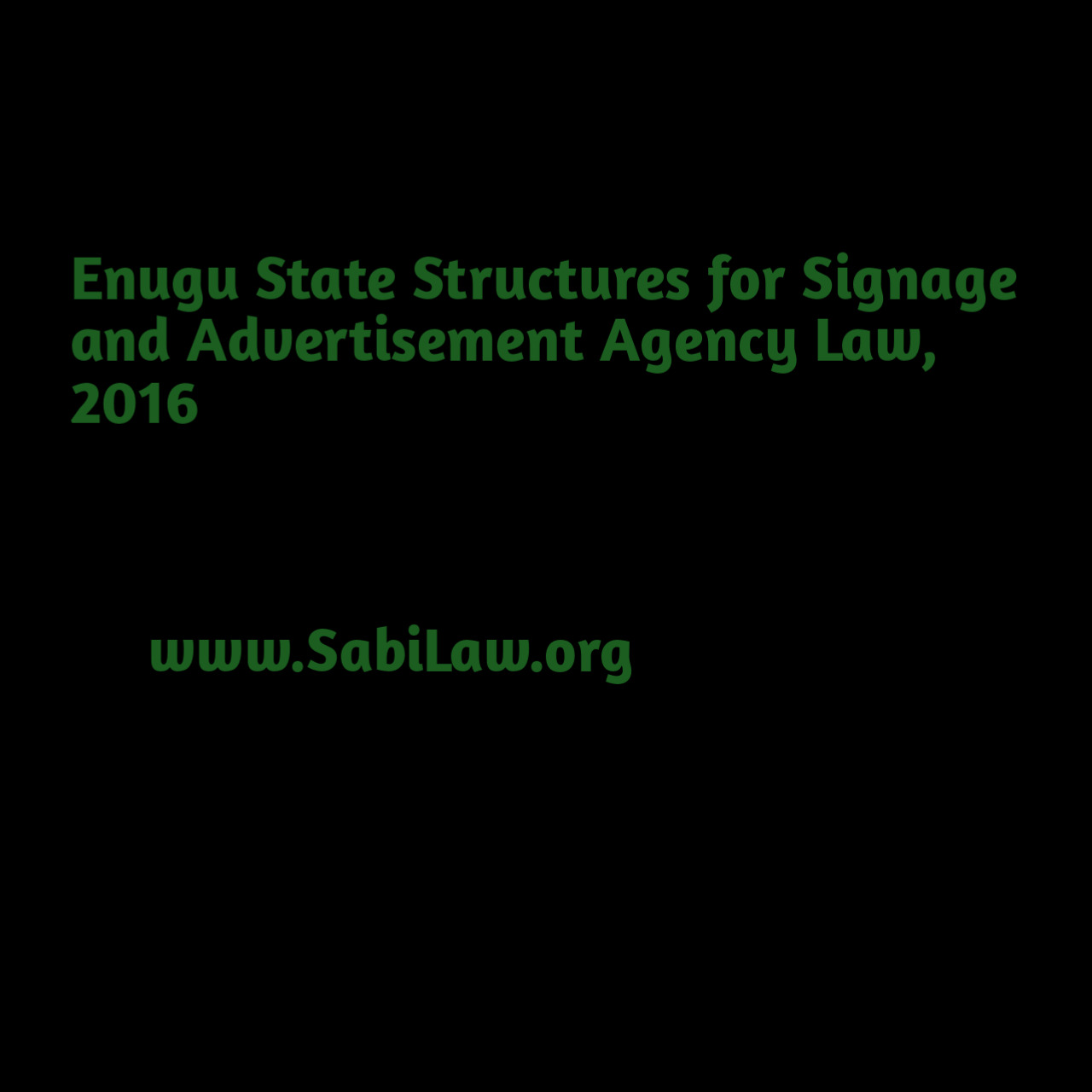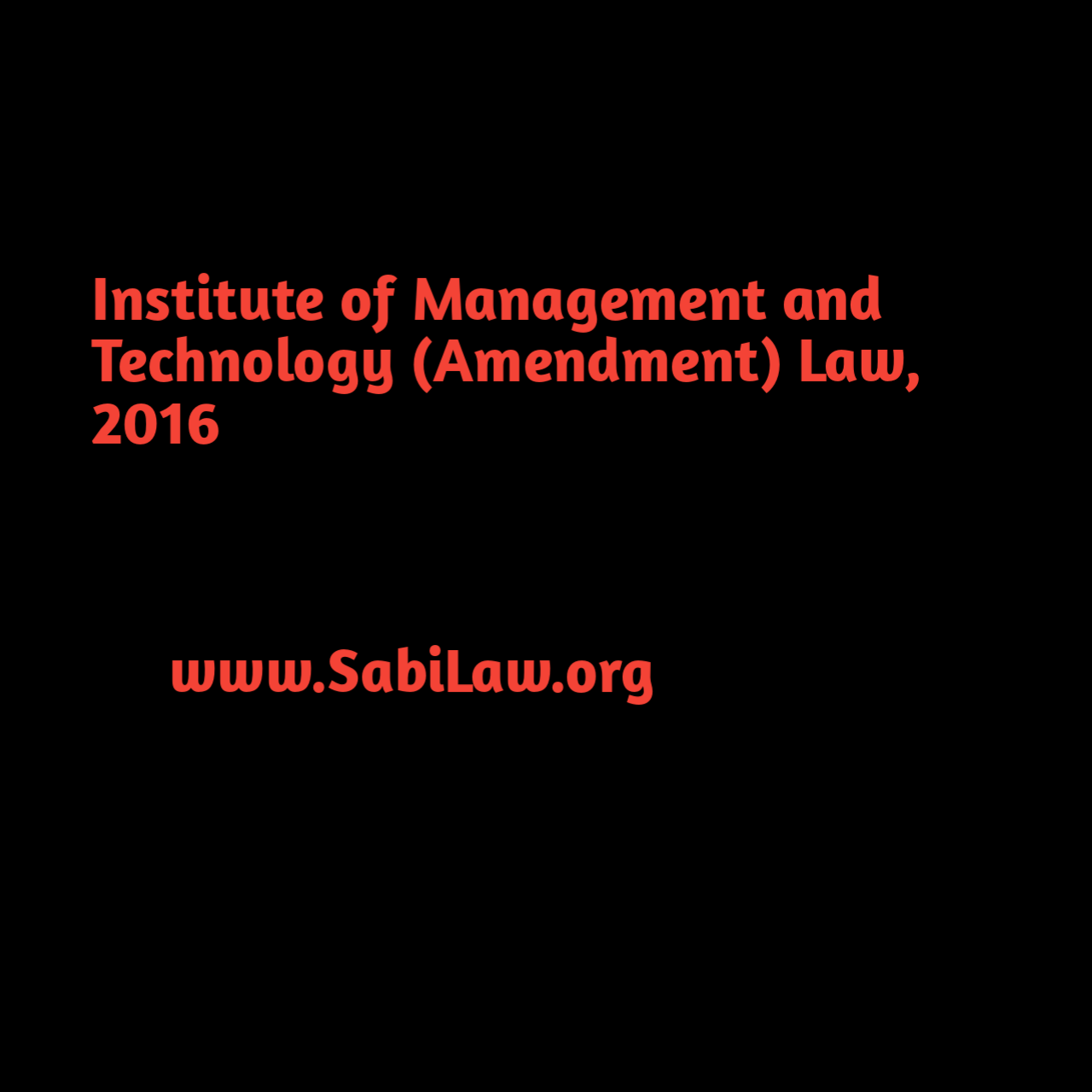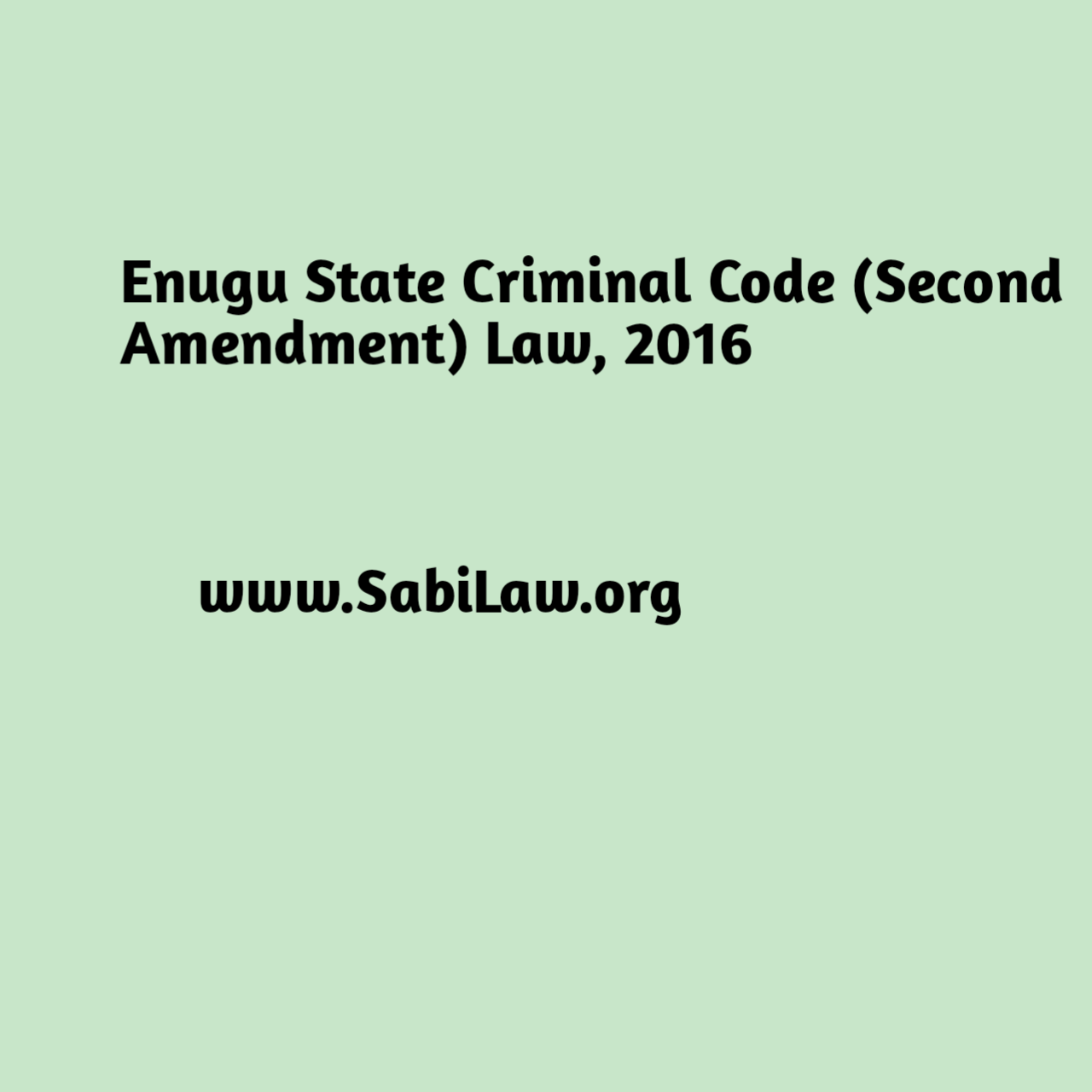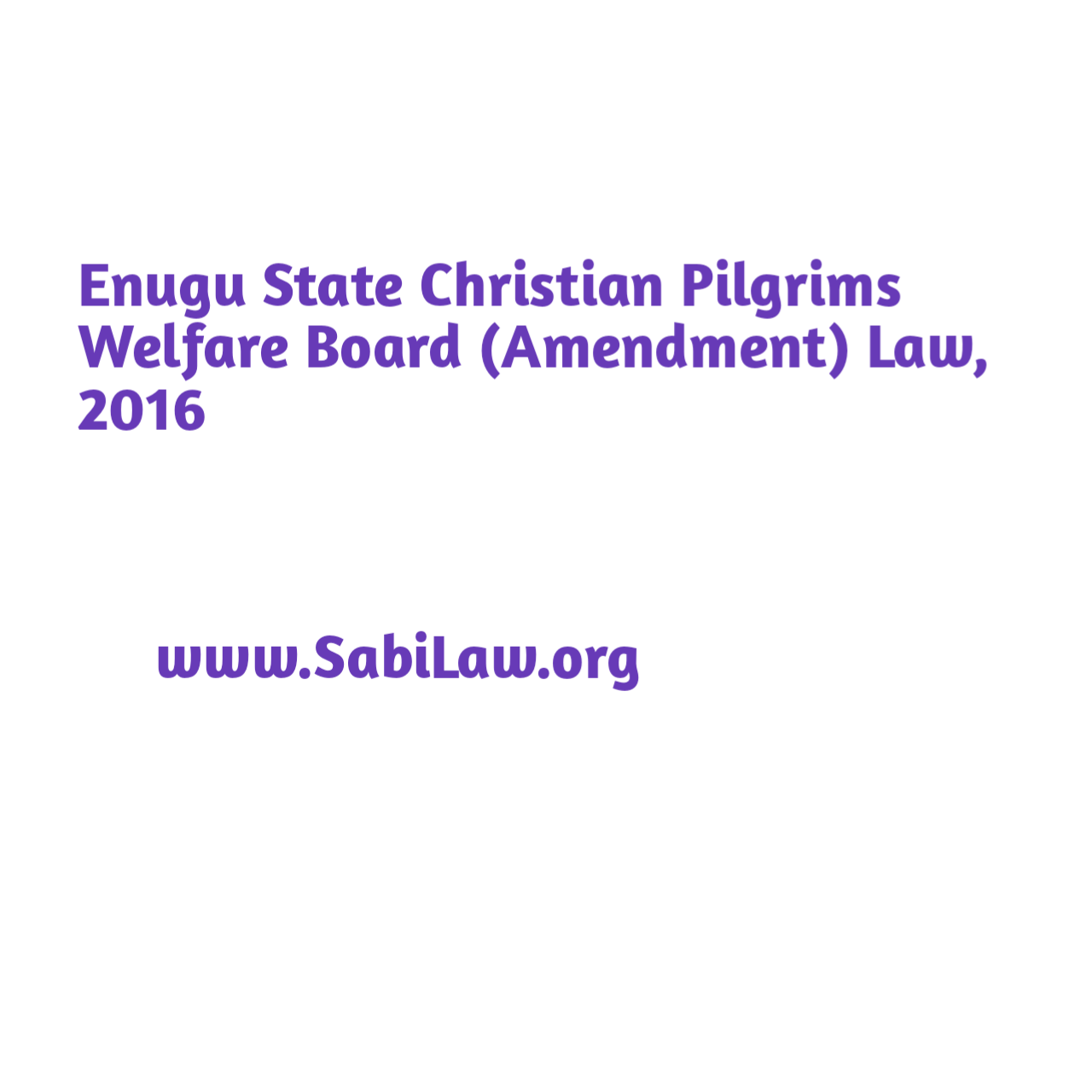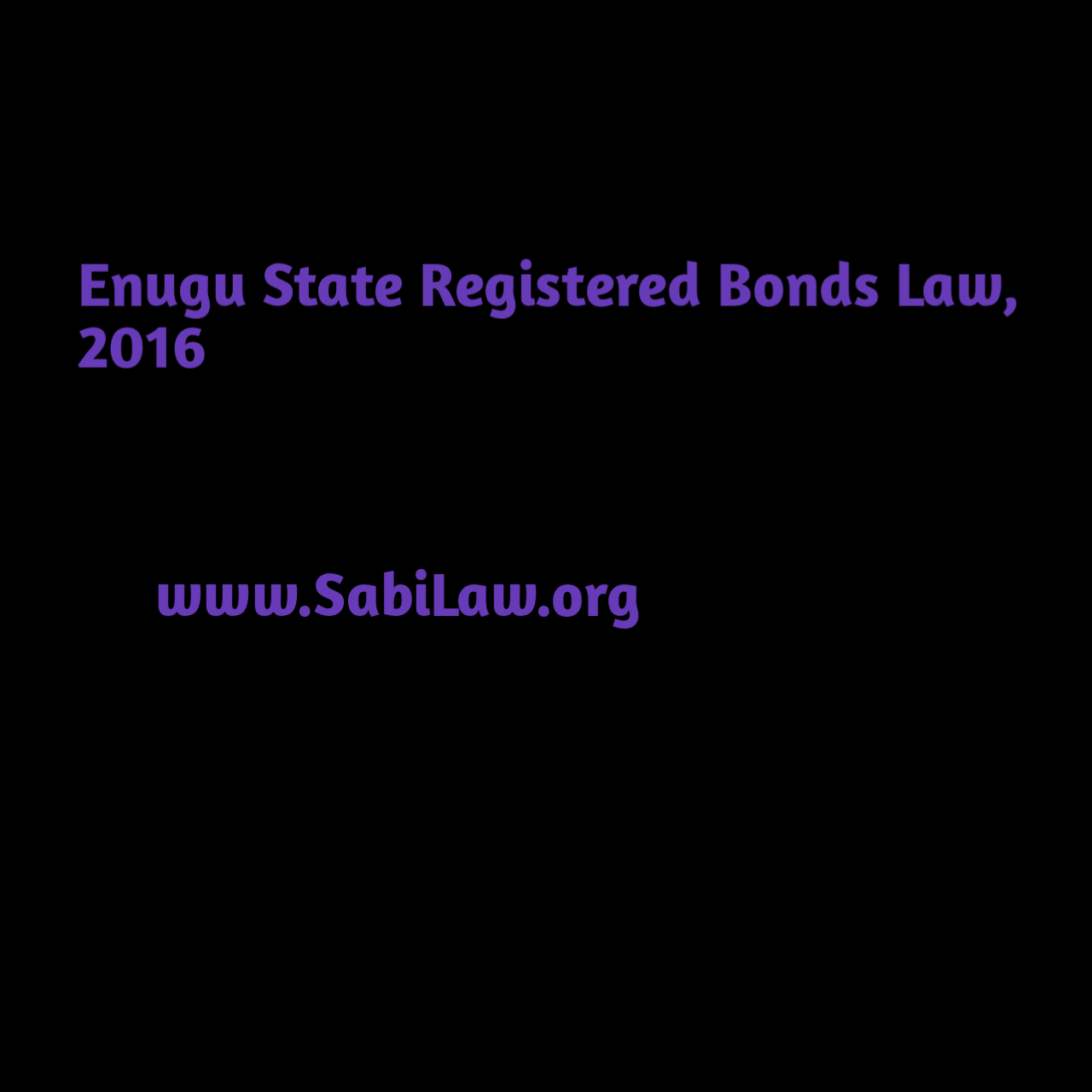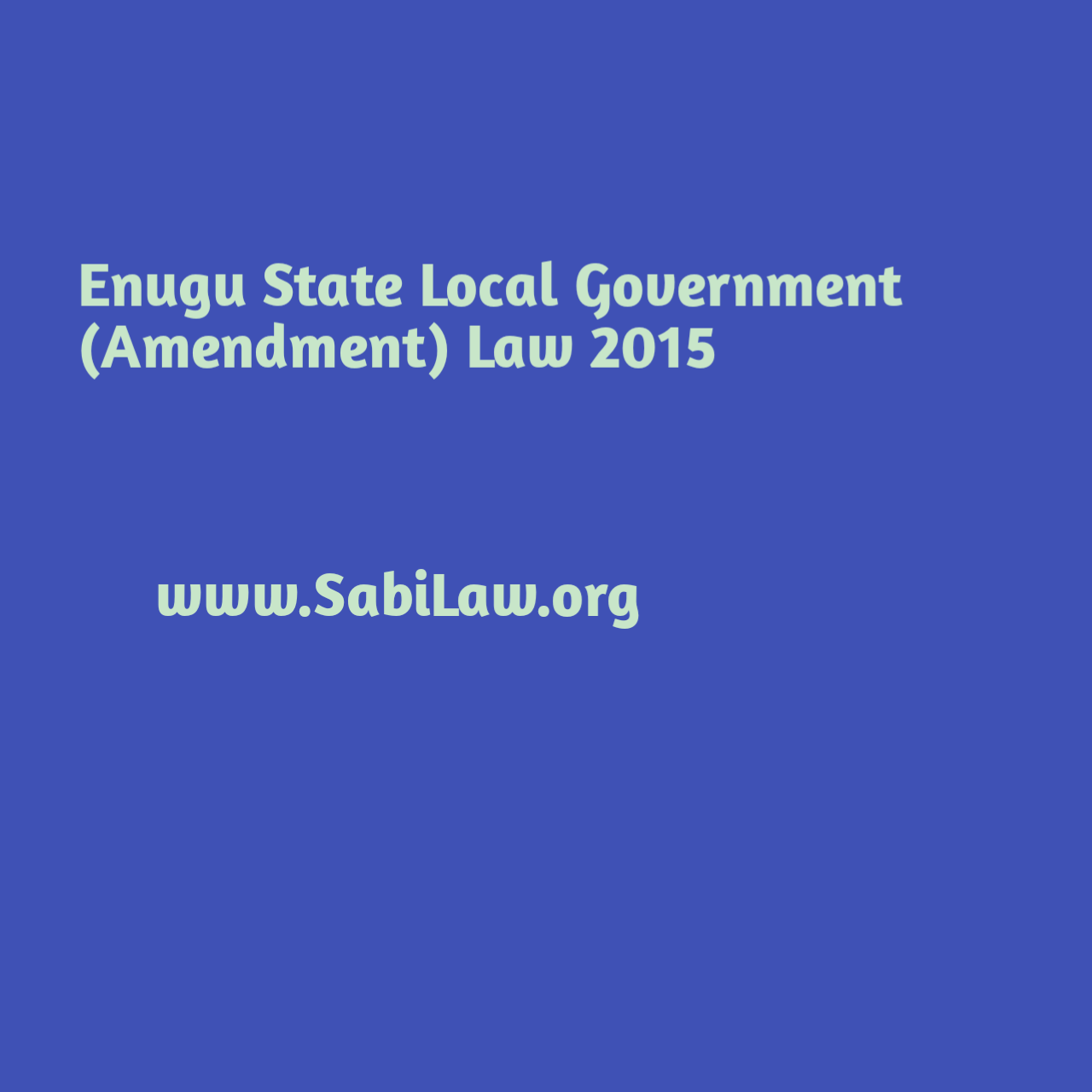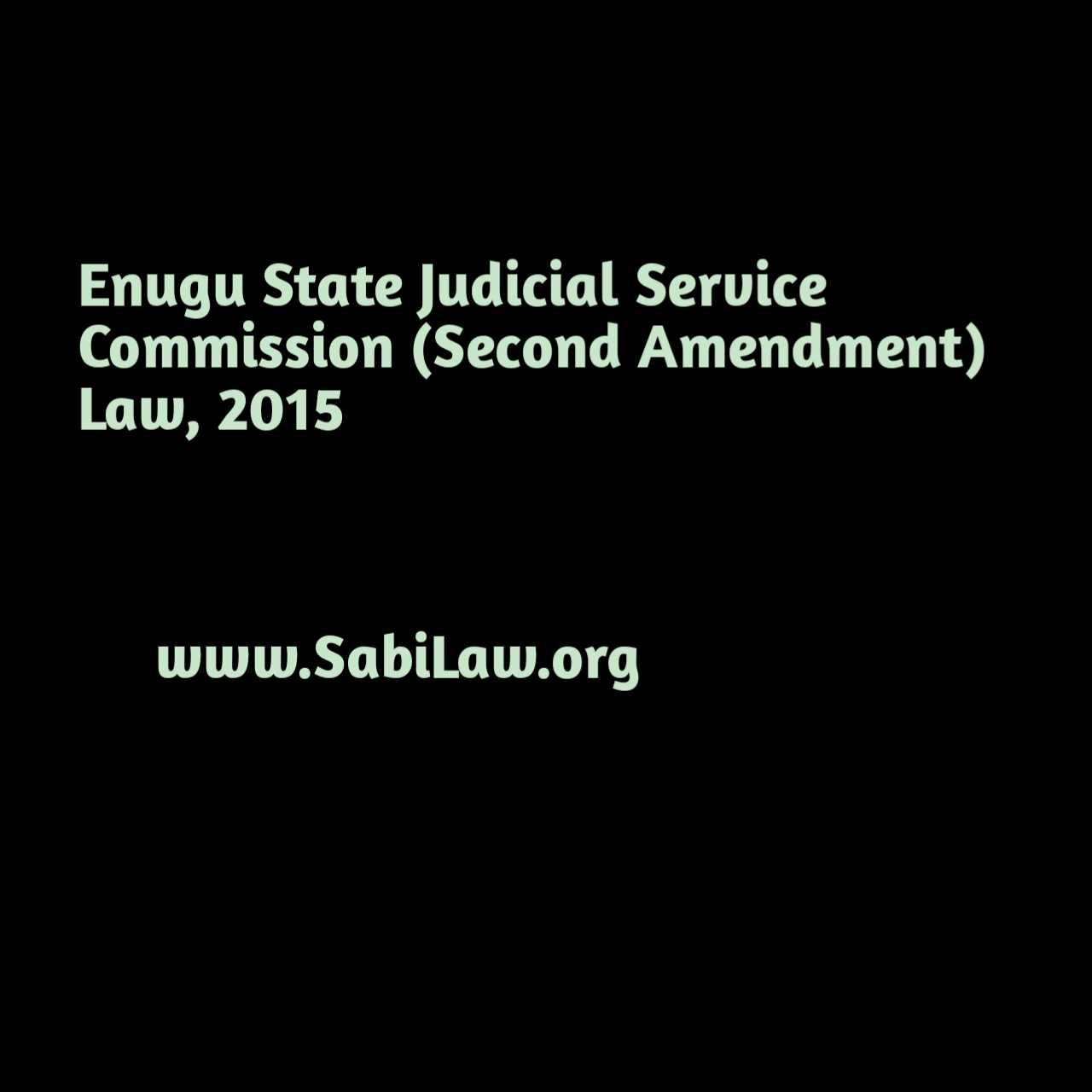Failure to Have “NIN” Is an Offence. Daily Law Tips (Tip 723) by Onyekachi Umah, Esq., LL.M, ACIArb(UK)
Introduction:
To manage the identity and particulars of persons in Nigeria, the federal government of Nigeria enacted a federal law for the National Identity Management Commission (NIMC). The federal law was made in 2007 but became popular only in 2020, when federal government threatened to cut-off mobile phone numbers that were without National Identification Numbers (NIN).
The Offence of No National Identification Number:
Nigeria is a democratic state that runs on written laws. Criminal offences are created by laws in Nigeria. Nothing is a crime in Nigeria, unless there is a written federal or state law (including bye-laws by local government areas) that has declared the thing a crime. The National Identity Management Commission (NIMC) Act mandates every person in Nigeria (whether a Nigerian or a foreigner, so far as the foreigner will stay in Nigeria for about 2 years or more) to obtain a National Identification Number (NIN).
The National Identity Management Commission Act has also criminalized the failure to obtain National Identity Numbers (NIN). So, failure to have a NIN is a criminal offence in all parts of Nigeria. It is an offence punishable with fine of not less than N100,000 or imprisonment for term of not less than 6 months or both.
Conclusion:
There is no exemption or an excuse that allows a Nigerian not to have a National Identification Number (NIN). All Nigerians (including Children) whether in Nigeria or outside Nigeria, are mandated by law to register and obtain National Identification Numbers (NIN). A Nigerian that works or lives in any part of Nigeria or the world must have a National Identification Number. Failure to have a NIN is a criminal offence in all parts of Nigeria.
My authorities, are:
- Sections 1, 2, 3, 4, 5, 6, 11, 13, 14, 15, 16, 17, 18, 19, 37, 38, 39, 44, 45, 318 and 319 of the Constitution of the Federal Republic of Nigeria, 1999.
- Sections 1, 14, 15, 16, 17, 18, 19, 21, 27, 29, 30, 31, 33 and 34 of the National Identity Management Commission (NIMC) Act, 2007.
- Regulations 1, 2, 3 and 5 of the Mandatory Use of the NIN Regulations 2015.
- Regulations 1, 4, 7, 8 and 9 of the Mandatory Use of the National Identification Number Regulations, 2017.
- Onyekachi Umah, “No National Identification Number (NIN), No Land Transaction/Tenancy” (LearnNigerianLaws.com, 18 January 2021) <https://sabilaw.org/no-national-identification-number-nin-no-land-transaction-tenancy/> accessed 20 January 2021.
- Onyekachi Umah, “Foreign Missions Exempted From National Identification Number (NIN)” (LearnNigerianLaws.com, 21 January 2021) <https://sabilaw.org/foreign-missions-exempted-from-national-identification-number-nin/> accessed 22 January 2021.
- Onyekachi Umah, “Persons Exempted from National Identification Number (NIN)” (LearnNigerianLaws.com, 22 January 2021) <https://sabilaw.org/persons-exempted-from-national-identification-number-nin-registration/> accessed 26 January 2021.
- Emma Okonji, “FG: NIN Mandatory for Foreign Diplomats” (LearnNigerianLaws.com, 18 January 2021) <https://www.thisdaylive.com/index.php/2021/01/18/fg-nin-mandatory-for-foreign-diplomats/> accessed 20 January 2021.
- Oge Udegbunam, “NIN: Nigerian govt approves enrollment centre for diplomats” (LearnNigerianLaws.com, 17 January 2021) <https://www.premiumtimesng.com/news/more-news/436958-nin-nigerian-govt-approves-enrollment-centre-for-diplomats.html> accessed 20 January 2021.












































